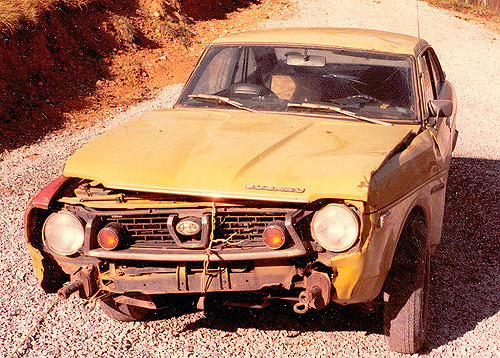
My housekeeper has a nicer car than me.
Now, granted, 75% of America probably has a nicer car than me. I’m driving a car that, while only four years’ old, looks like it’s going on 20 because my kids have utterly destroyed it. The entire backseat looks like a Jackson Pollack painting of assorted stains and magic marker doodling.
On the flip side, the car is paid for so I refuse to pay a single nickel to get it fixed up until my kids are older. I don’t even like paying to have it cleaned because I know that it will be filthy again by the end of the day.
So I wouldn’t necessarily find it odd that my housekeeper has a nicer car than me… except for the fact that she drives a black Mercedes Benz (the only color a Mercedes Benz should ever be!).
Now, I’ll never fault a person for having good taste in cars. I rather like Mercedes… and I might buy one for myself once my kids are at an age where bodily excretions are no longer likely to soil the upholstery.
But I’ve done the back-of-the-envelope math, and I also know that the monthly payment on that car consumes a huge chunk of her income. It’s phenomenally bad for her personal finances to own a Benz… but it’s great for the dealership that sold it.
And that brings me to one of the more interesting concepts in economics:
The paradox of thrift.
In a nutshell, it’s good for an individual family to be frugal. You have more savings to tide you over when times get tough, and you build wealth for the future. But if everyone gets frugal at the same time, the economy grinds to a halt and there’s less wealth for everyone.
(For the wonks out there, this is an extension of the fallacy of composition, the error of assuming that what is good for the individual must also be good for the group.)
I save a little over a third of my after-tax income. That’s fantastic for me and my family. We’re a lot less likely to get booted out of our house or be denied credit if or when we need it, and I’m able to sleep a lot better at night.













Leave A Comment